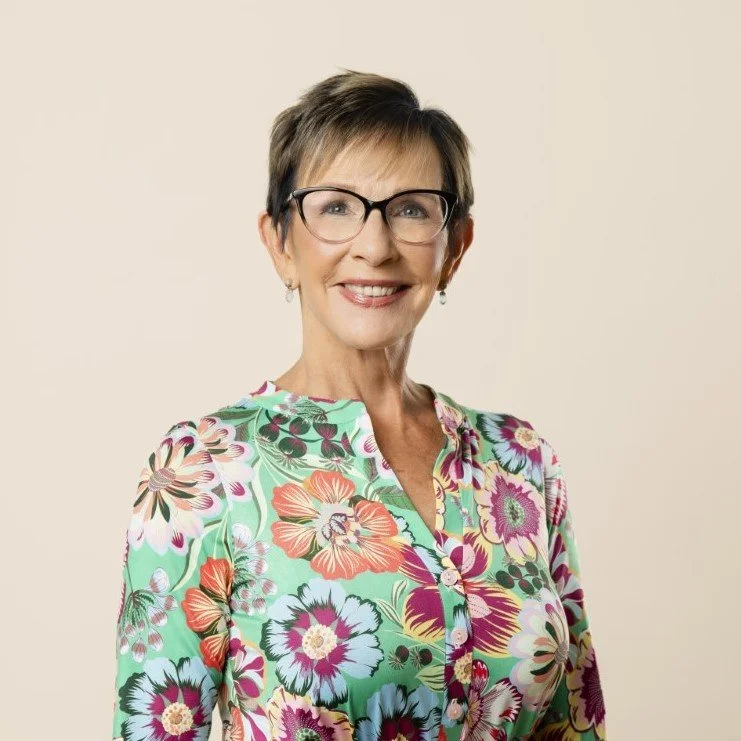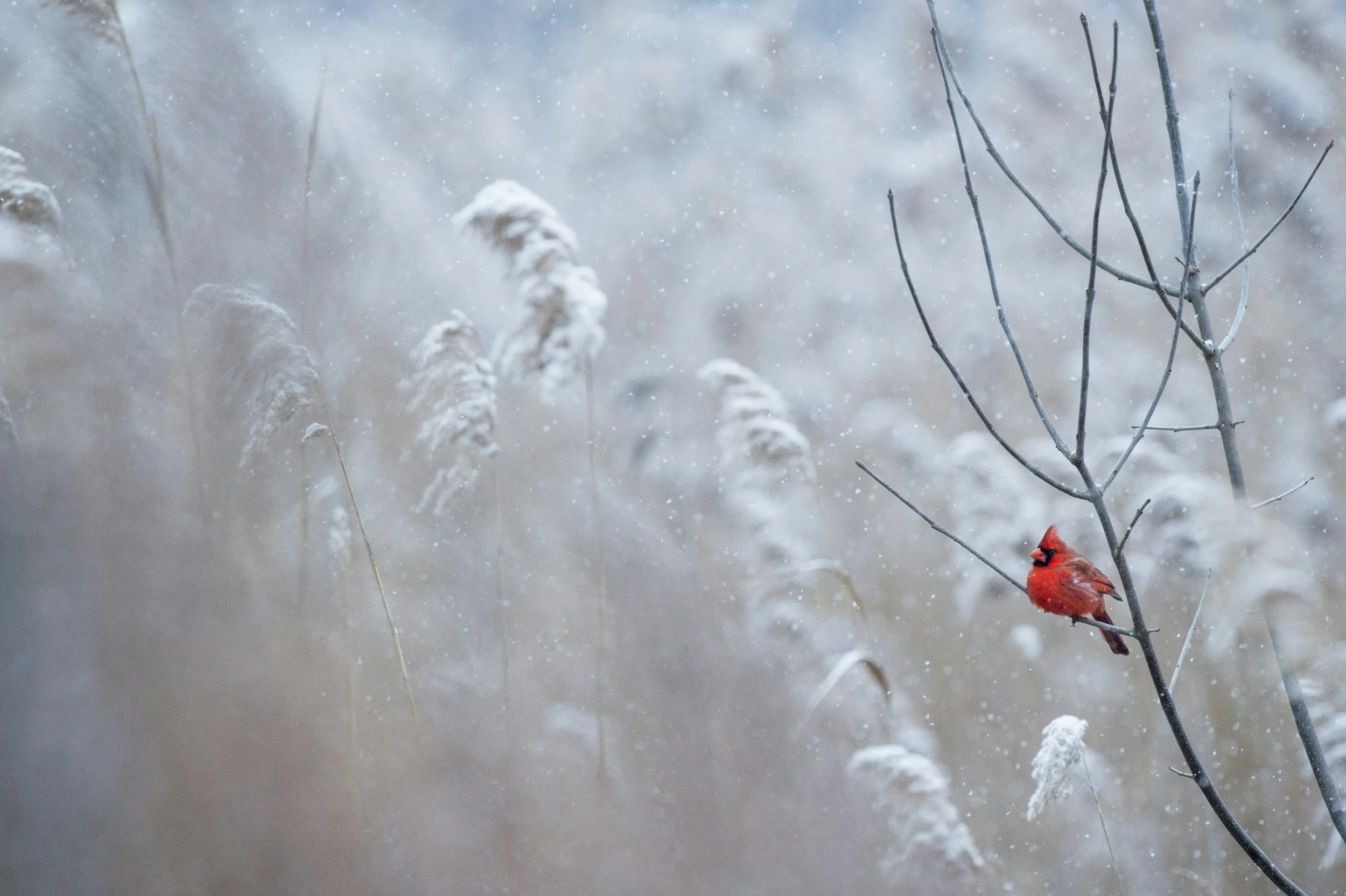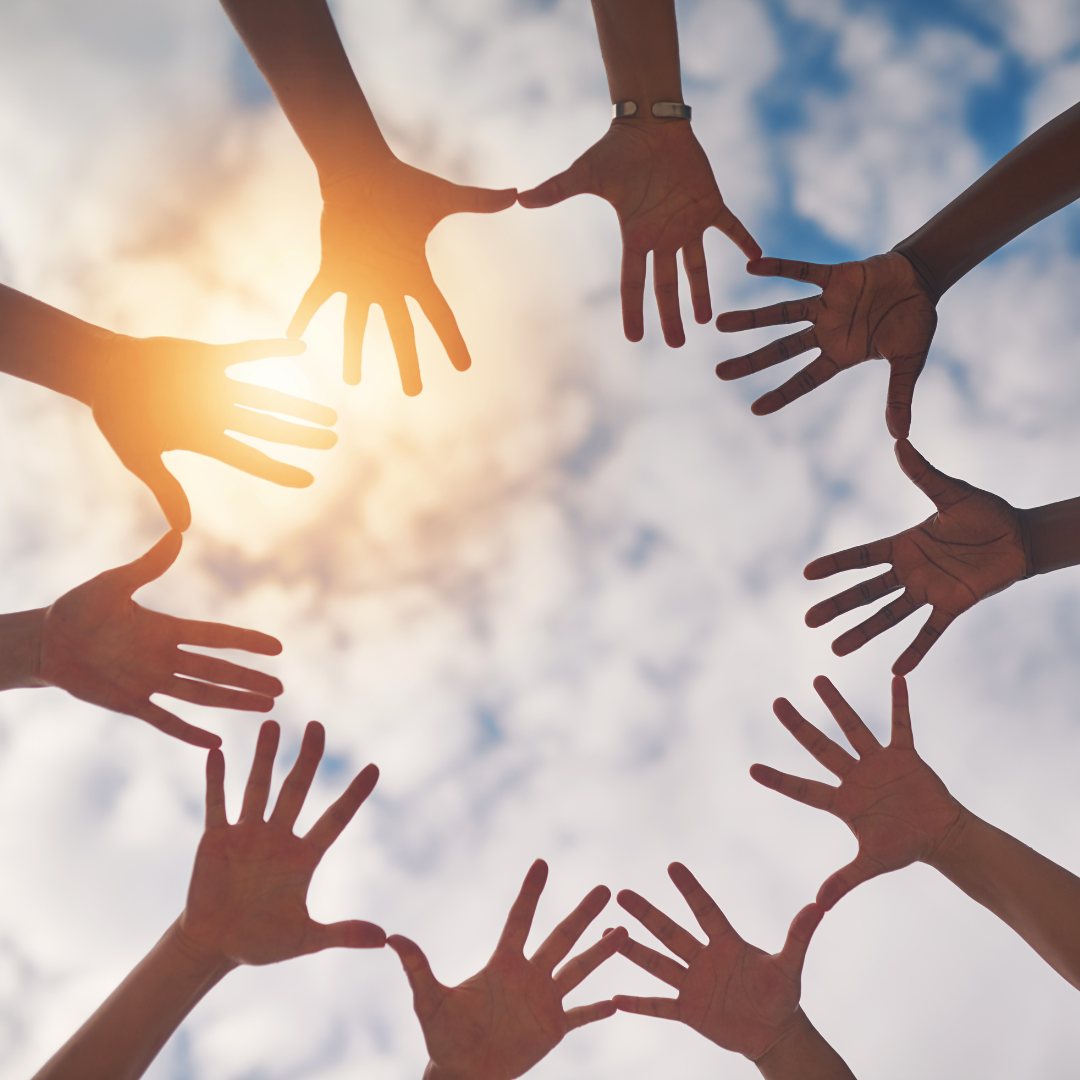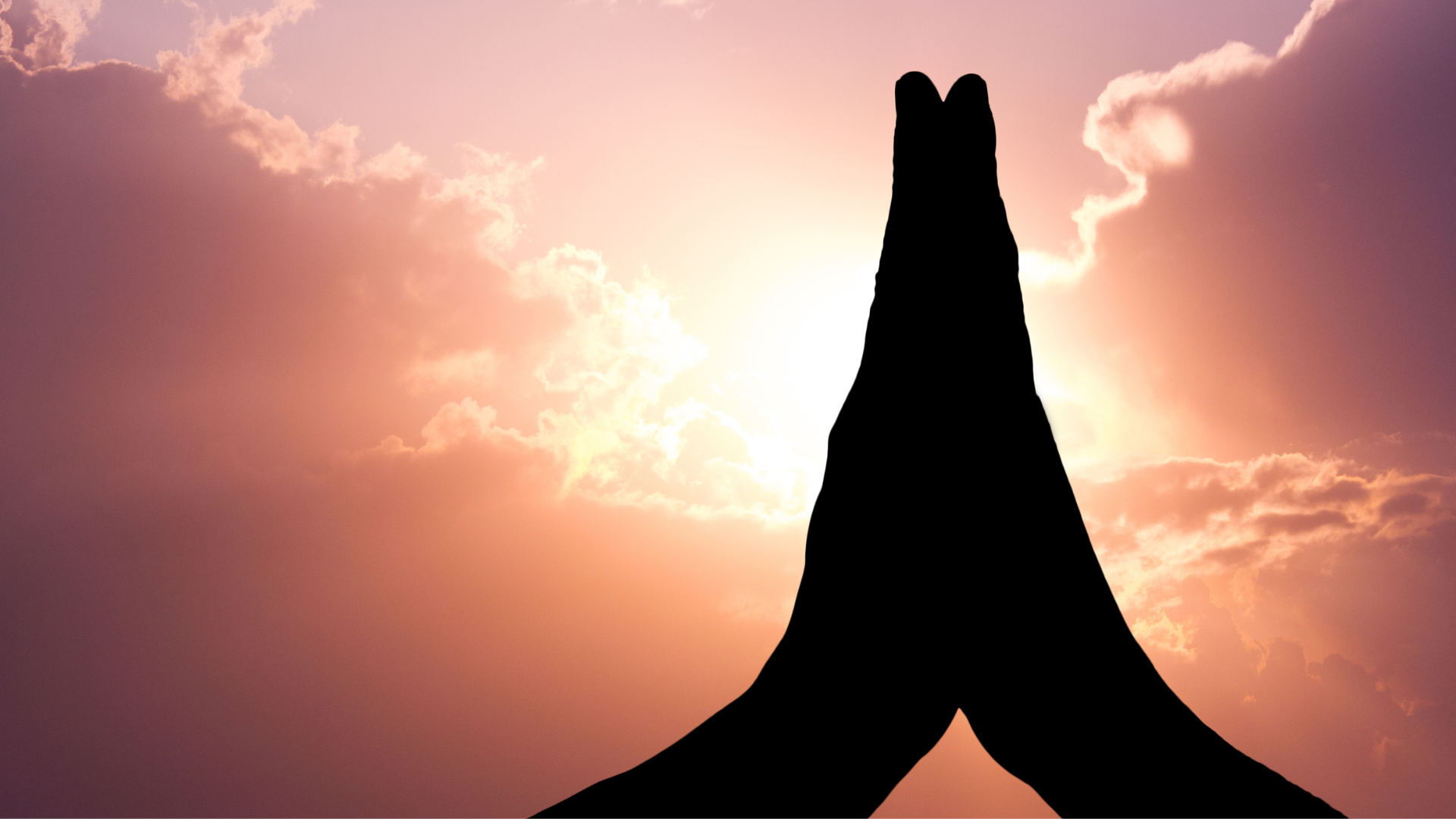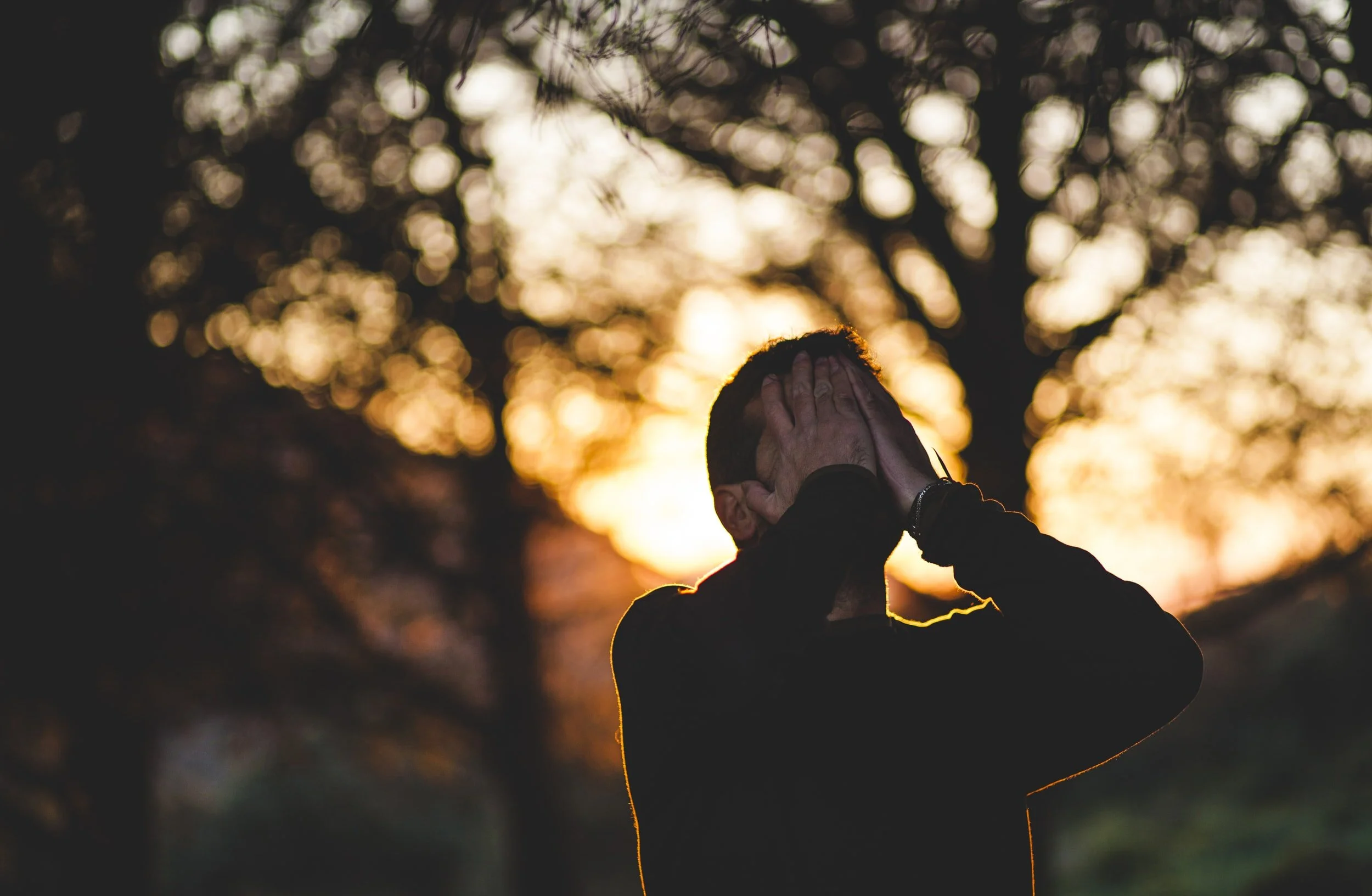Marcia’s Musings: When Love and Loss Collide
/I knew my beloved cat Gracie was unwell when she nestled into my lap as I delivered iRest Yoga Nidra on a snowy Sunday evening late in January. Gracie loved Yoga Nidra. For nearly seven years when I would set up to lead this grounded meditation of healing from home virtually, she immediately cuddled in close to me in front of the toasty fireplace. Near but not on. This night stood in sharp contrast.
On this night, the minute I settled into my seated cross-legged position of Sukasana and covered my lap with my golden blanket, she nested into the space created by the triangle of my folded legs and sitting bones. As my voice began the narrative she understood so well from the cadence of my delivery, she surrendered into my lap. “Oh,” I thought as a powerhouse of feelings rushed through my body, “she’s dying.”
Love and loss suddenly collided with such force that my breathing momentarily halted. The exquisite nature of love and the gut-wrenching one of loss – the play of opposites deeply recognized by many philosophies and sciences from psychology to Buddhism to iRest Yoga Nidra – wrestled within me.
There was only one thing to do. Let them have at it and use the skills learned over a lifetime, including in my multiple Yoga Nidra trainings, to ride out the feelings caused by these two powerful opposite emotions.
Of all the paired human emotions, love and loss cause the most challenge for me. As an only child raised and nurtured in the embrace of two warm and closely knit families, I dreaded the passage of time with its inevitable march toward separation caused by death. Starting at about the age of eight, my mind created a protective – and, as it turned out, a flimsy – house of cards that served as a barrier against close examination of love and loss because I felt it would hurt too much. First my grandparents – who lived long lives – would pass gradually one-by-one. Then, eventually, my parents would transition near their century mark as their parents had done. Next, and slowly, I would lose my dozen aunts and uncles. Finally, decades into the future, as the oldest of sixteen cousins, it would be my turn, and they would endure for even more years.
The strategy worked for a long time. My four grandparents obligingly died between the advanced ages of 89 and 99. As I approached my 50th birthday, my card house collapsed at the news of my cousin Becky’s breast cancer and my father’s lung cancer. I lost my way in the face of these grave illnesses and without my many-storied and imaginary house of cards.
I built this house to avoid what I knew would be the great lifelong collision of love and loss for me. I feared the physical response to these tsunamis of emotion instinctively: aching heart; clenched gut and jaw, and shallow breathing that quickly accelerated my pulse as my fight/flight reaction went into high gear. And yet, oh too the sweetness of the emotional response of love for these people so dear to me: awe, tenderness, compassion, respect, adoration, curiosity, and connection.
I lacked the skills and tools to invite the strong emotions into myself, to go back and forth from one emotion (love) to the other (loss) in the continual play of opposites that allows them to pass (or at least settle down) so I could find my equilibrium. Only decades later, in my 40s, did I come to understand and then appreciate that pushing emotions away made them grow more powerful, causing me to occasionally be sunk by them as a boat can do in a storm. Therapy, yoga, mindfulness, Buddhist psychology, the Gospel of Thomas, the teachings of Swami Veda, 200-hour training – they all benignly conspired to teach me another way of dealing with strong emotions in general and these two in particular. Invite them in, patiently go back and forth between them, allow the responses they create to be felt in my body. Felt, not avoided.
The swoosh of all of this roared through me that night Gracie curled into my lap during iRest Yoga Nidra. I’d felt an inkling about her health already at Christmas when she often, and uncharacteristically, would sit and gaze at a candle on my festive holiday tabletop. Even then, I wanted to turn away from watching her, to push away the emotions of love and loss rather than to invite them in, as the Buddha and my therapist both taught me. By being in the moment with calm awareness and inviting in the feelings of these two emotions, however, I did not capsize as I nearly had two decades before.
Within 24 hours of what would be Gracie’s last Yoga Nidra and only 36 from flying to Florida with me for the winter, she was gone. My dear companion and faithful friend, so brave until the end, seemed to know what she was facing and to accept it as animals often do. Even now as I think of her, love and loss move within my body, ebbing and flowing, dancing, and jostling, this time at my invitation. Then, and only then, do the tears subside as acceptance and gratitude arrive. Only then.
Try Yoga Nidra





